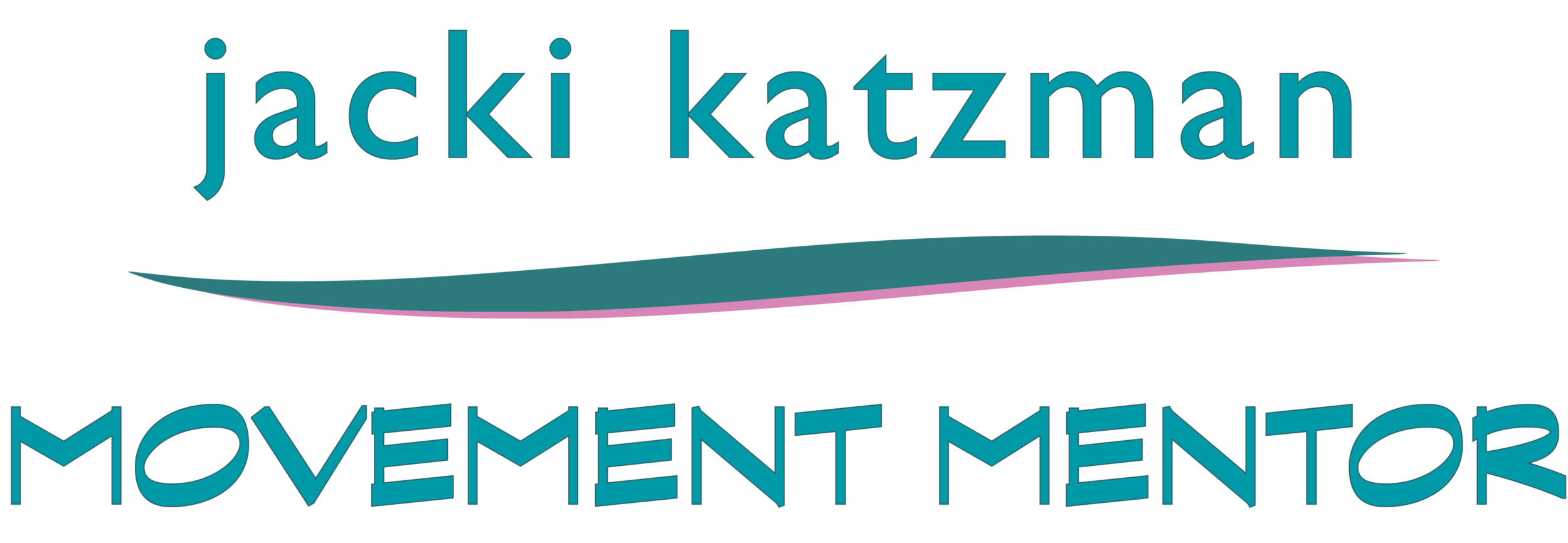Practice Lifelong Learning - Quiz Yourself and Create Context
Lifelong Learning Requires a Strategy
Testing Yourself and Thinking About Context Better Than “Studying”
Daniel T. Willingham, Professor of Psychology at the University of Virginia’s NYT essay on lifelong learning validated the power of the learning techniques we use in Awareness Through Movement Lessons. While the article primarily addressed the less effective learning habits of high school and college students, the remedies proposed work for all.
Briefly, research shows that the best way to get material to ‘stick’ is to repeatedly test yourself. Rereading the passage isn’t nearly as good for retention as quizzing yourself on the material a few times.
Also, when taking in information, relating it to a larger context can help the material find purchase in your mind, and stay there. For example, thinking of an event in historical context.
ATM classes are structured, often, around the ‘do this and then test yourself’ model, by presenting different ways of doing the same action, giving you the chance to let the learning sink in. Lesson series ground our movement explorations within themes: walking, for example, or seeing, or lifting the chest, etc.
Here are some excerpts, with the backing data, from the essay:
“Rereading is easy because the mind can skitter along the surface of the material without closely considering its meaning, but that’s exactly why it’s a poor way to learn. If you want to learn the meaning — as most tests require you to — then you must think about meaning when you study....
In one experiment demonstrating this effect, students read educational passages of about 260 words (for example, about sea otters) under one of three conditions. Some students repeatedly read and studied the text for four consecutive study periods, each lasting five minutes. A second group read and studied the text for three periods and in the fourth, which lasted 10 minutes, wrote as many ideas from the passage as they could remember. A third group studied for one period and tried to remember the material during the other three.
A week later, everyone returned for another test, and the results showed how misplaced student confidence was. The people who had studied just once (and recalled the material three times) remembered the passage best. The worst memory was shown by those who had studied the most — and had been the most confident about their learning....
As they have for reading, educational psychologists have developed strategies for listening that encourage students to relate individual points to broader conclusions. That helps them discern the organization of the lecture and thus understand it more deeply.
Carefully structured classes of this sort show promise, but they would be more effective if all teachers could help students tune those skills to their specific classrooms.
”

